A Resilient Market
Market highlights
Despite the challenges brought by the COVID-19 pandemic, the market recorded impressive growth in 2020. Tadawul retained its position among the largest ten exchanges in the world and is also one of the three leading emerging market exchanges. The Exchange recorded impressive gains in several key market indicators such as daily average value traded, number of transactions and number of shares traded. The last two figures reflect the liquidity in the market which is further confirmed by the increase in market turnover ratio. A total of 21 industry groups are covered among the listed companies. In 2020 the concentration of value traded in the largest industry groups has reduced, which is a healthy sign.
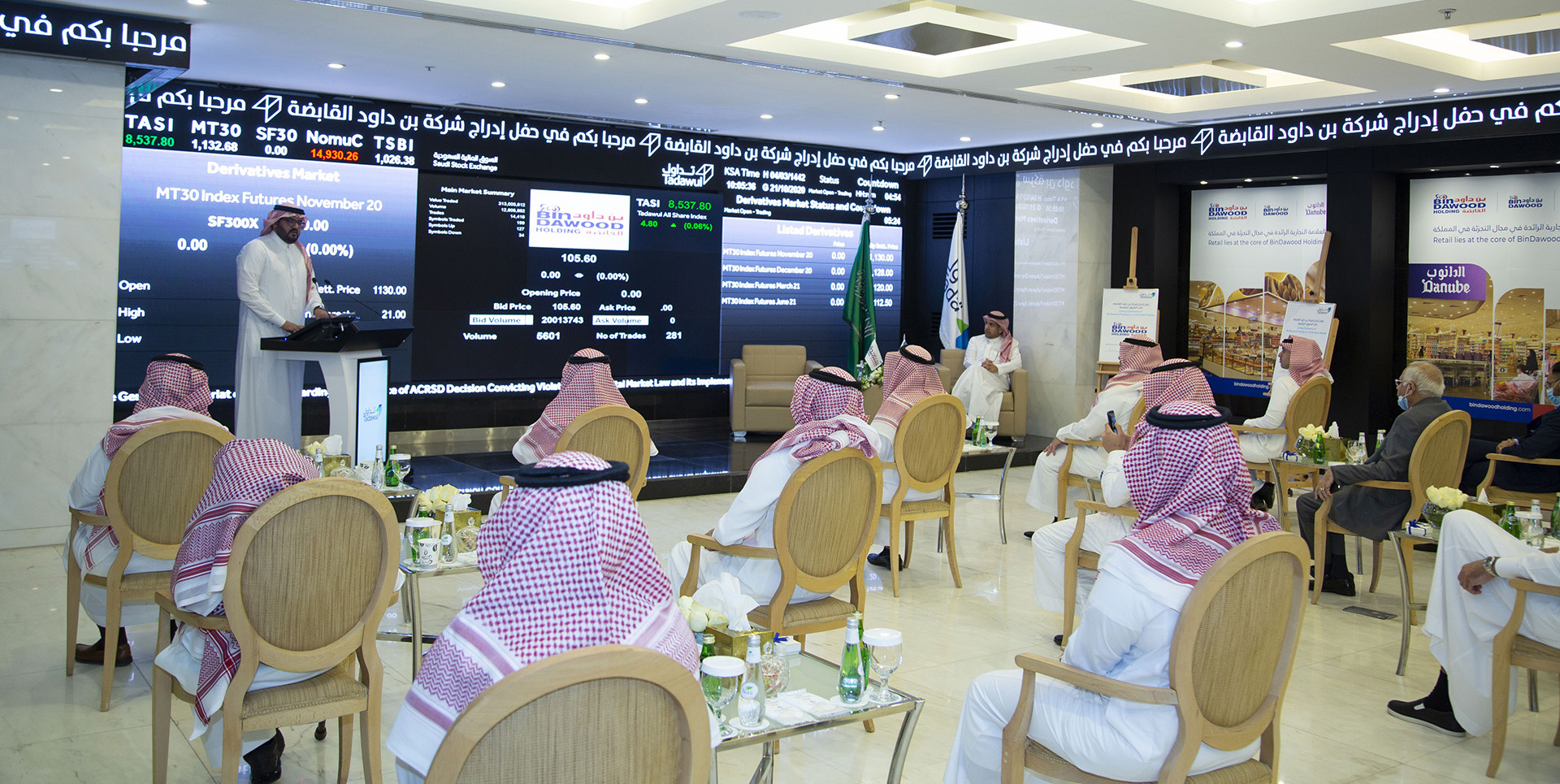
A major step forward for the Exchange was the completion of the fifth and final tranche of the FTSE Russell Emerging Markets Index. This achievement demonstrates the recognition of the numerous market reforms implemented over the past few years. Another key development that signified the growing maturity of the market was the introduction of derivatives.
The COVID-19 pandemic did not have a negative impact on the trading or entry of QFIs. In fact, QFIs turned out to be net buyers to the tune of SAR 22.4 Bn for the period January to December. The number of QFIs has increased from 1,939 in January 2020 to over 2,300 at the end of the year.
A total of 53 securities have been listed since 2014 in the Main Market and Nomu; total offered value over the period has been approximately SAR 160 Bn.

Value traded by industry group
The value traded and percentage of total value traded of the largest three industry groups in the respective years are shown below:
A significant feature is that in 2020 the concentration in the three largest industry groups has reduced compared to the previous two years.
Inclusion in Global Indices
The index has derived numerous benefits by inclusion in the three emerging market indices.
Developments in trading
Consequent to the pandemic, movement and commercial activities were adversely affected across all major cities in the Kingdom. However, the Exchange took all possible measures to ensure business continuity. While market hours were curtailed, with the cooperation of members of the Exchange it was possible to ensure that trading continued in accordance with the guidelines of the CMA.
A number of enhancements were made to trading procedures during the year which contributed to the maturity and efficiency of the market. In the main market the limits of daily price volatility was increased from +/- 10% to +/- 30% and fixed limits for price volatility of +/- 10% were applied for only the first three days of trading a new security. In the parallel market, the limits of daily price volatility were increased to +/- 30% instead of the current limit of +/- 20%, and fixed limits for price volatility at +/- 10% were applied. These changes were implemented without a time limit for all the securities listed on the Nomu - Parallel Market. A static fluctuation limit was introduced with a limit of +/- 10%. If the static limit exceeds +/-10% a volatility auction is triggered for five minutes, which sets the new price of the security and readjusts the static limit based on the new price. Any number of volatility auctions can take place during the day but the limit of +/- 30% on daily price fluctuation applies. The new procedures apply to equities, REITs, and CEFs in the Main Market. The change gives investors more assurance of reaching the fair price of securities, while maintaining and promoting investor protection.
The minimum size requirement for negotiated deals was also changed from the previous across-the-board amount of SAR 1 Mn to a more flexible system, applicable for equities and REITs, which takes into account the liquidity characteristics of securities. A four tier system has been adopted based on the Average Daily Trading Value (ADTV) of the last six months. The minimum size ranges from SAR 5 Mn for the most liquid securities to SAR 300,000 for the least liquid.
Tadawul also implemented changes to the share buy-back report for listed companies which is accessible on the Tadawul website. This quarterly report, details share buy-backs of listed companies, including employee incentive plans and treasury shares. Investors are now able to easily compare buy-backs of different companies on a quarterly basis. The Exchange also revamped its ETF framework to provide a more conducive environment for listing and trading. Three ETFs were listed in 2020 following on the listing of the first sovereign Sukuk ETF, which was also the largest sovereign Sukuk ETF listed globally. Another pioneering step was the listing of the first gold commodity ETF. The first closed investment fund was also listed. In another significant step to open the market further to foreign investors, the restriction on QFIs in the debt market has been removed, where foreign investors can now invest directly in the market.
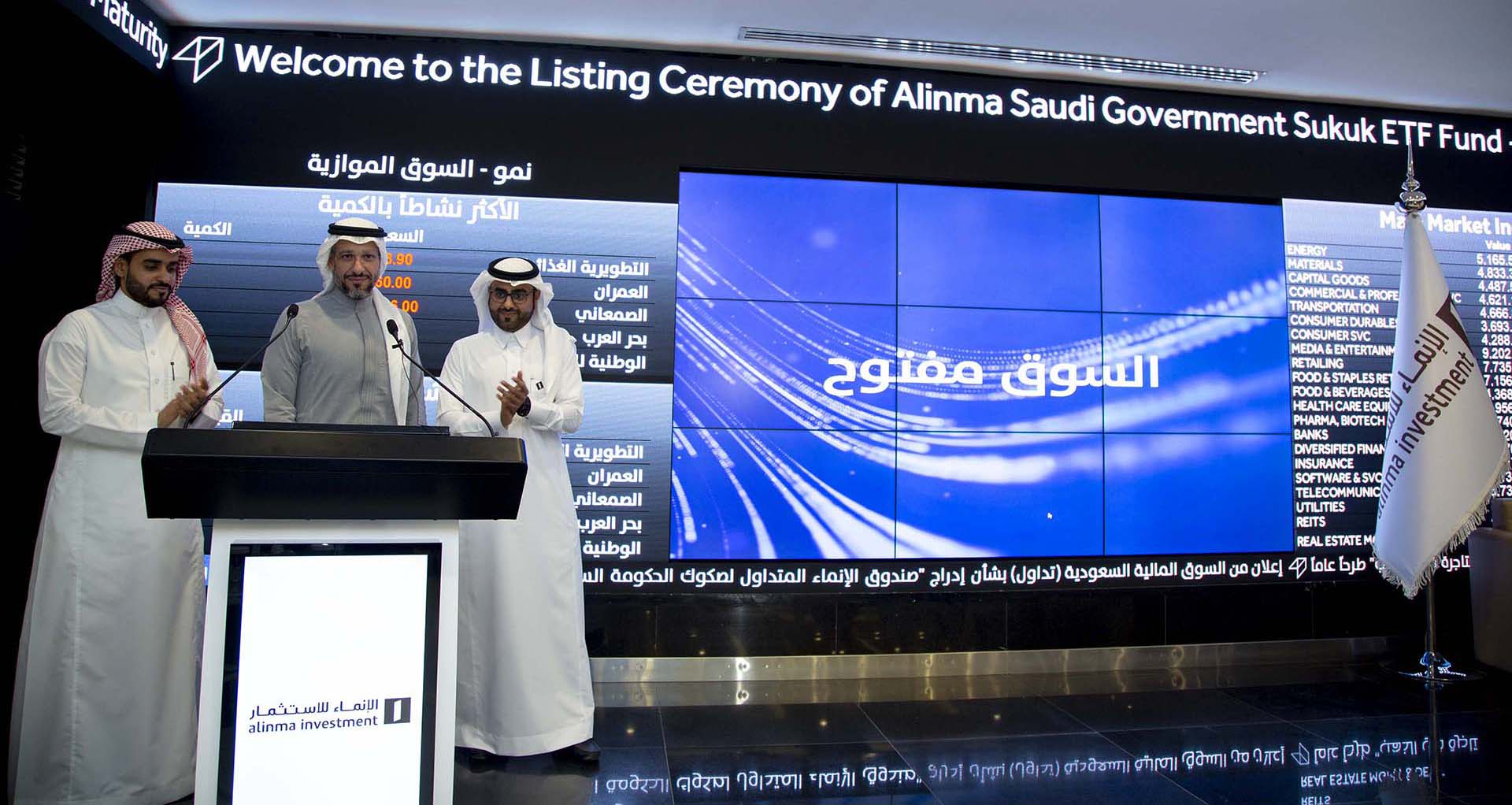
Several technological developments have been made to facilitate trading in the Sukuk and bonds market, the most prominent of which is improving the quality of information and data on the Sukuk market and debt instruments available to the public. The annual return for both bid and ask prices was calculated and disseminated. In addition the process of transmitting the prices of Sukuk and debt instruments by primary dealers was automated, which aims to narrow the price range between supply and demand. This contributes to attracting investors and increasing the number of trades. Also, through close cooperation with the members, we have simplified the access to trading in the Sukuk and bond market for all investors. The suspension of trading on debt instruments of the listed companies before paying the coupon has been cancelled.
An advanced search tool for mutual funds has also been launched on the Tadawul website, which aims to provide accurate information that can be accessed by investors.
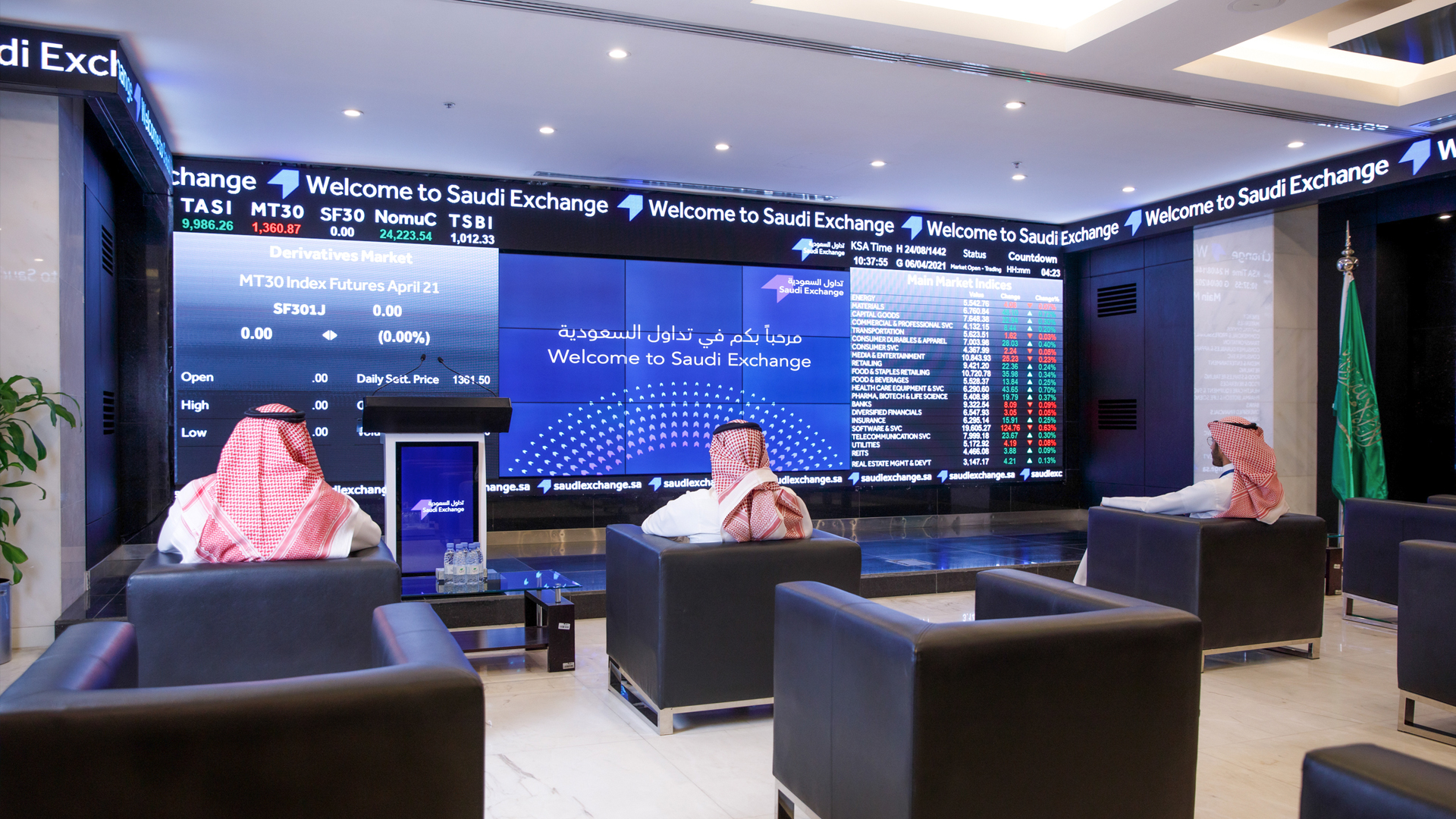
New products and services
Derivative products
Tadawul took another major step in its development when the Exchange launched its first exchange-traded derivative product in August 2020. The Saudi Futures 30 (SF30) is based on the MSCI Tadawul 30 (MT30) Index which was launched in 2019. Use of MT30 Index futures as a trading and hedging tool enables investors to protect their portfolio value by complementing cash market investment.
The launching of SF30 was another significant step towards introducing sophisticated market products and making the market more attractive to local and international investors. It provides new opportunity for investors to hedge and arbitrage. In the long term it will lead to efficient price discovery, increased transparency, and increased liquidity.
The introduction of derivatives will constrain market volatility and the cash market will function more smoothly. Retail investors may appreciate the opportunities afforded by a volatile market. However institutional investors may prefer to safeguard the value of their portfolio by using derivatives as hedging instruments. Derivatives will provide an alternative investment vehicle in the future when physical delivery is introduced. The expansion of the derivatives market will generate new employment opportunities for specialized professionals such as proprietary traders, market makers, futures managers, and risk managers. Trading in derivatives is not restricted to any investor category. Licensed brokers are empowered to assess the suitability of prospective clients.
Concurrent with the launching of the derivatives market there was a major revamp of the entire trading environment. First there was the introduction of a new trading engine. Second, the Securities Clearing Center Company, Muqassa, was brought on stream. These achievements needed the collective effort of a range of stakeholders, internal and external, to be brought to fruition.
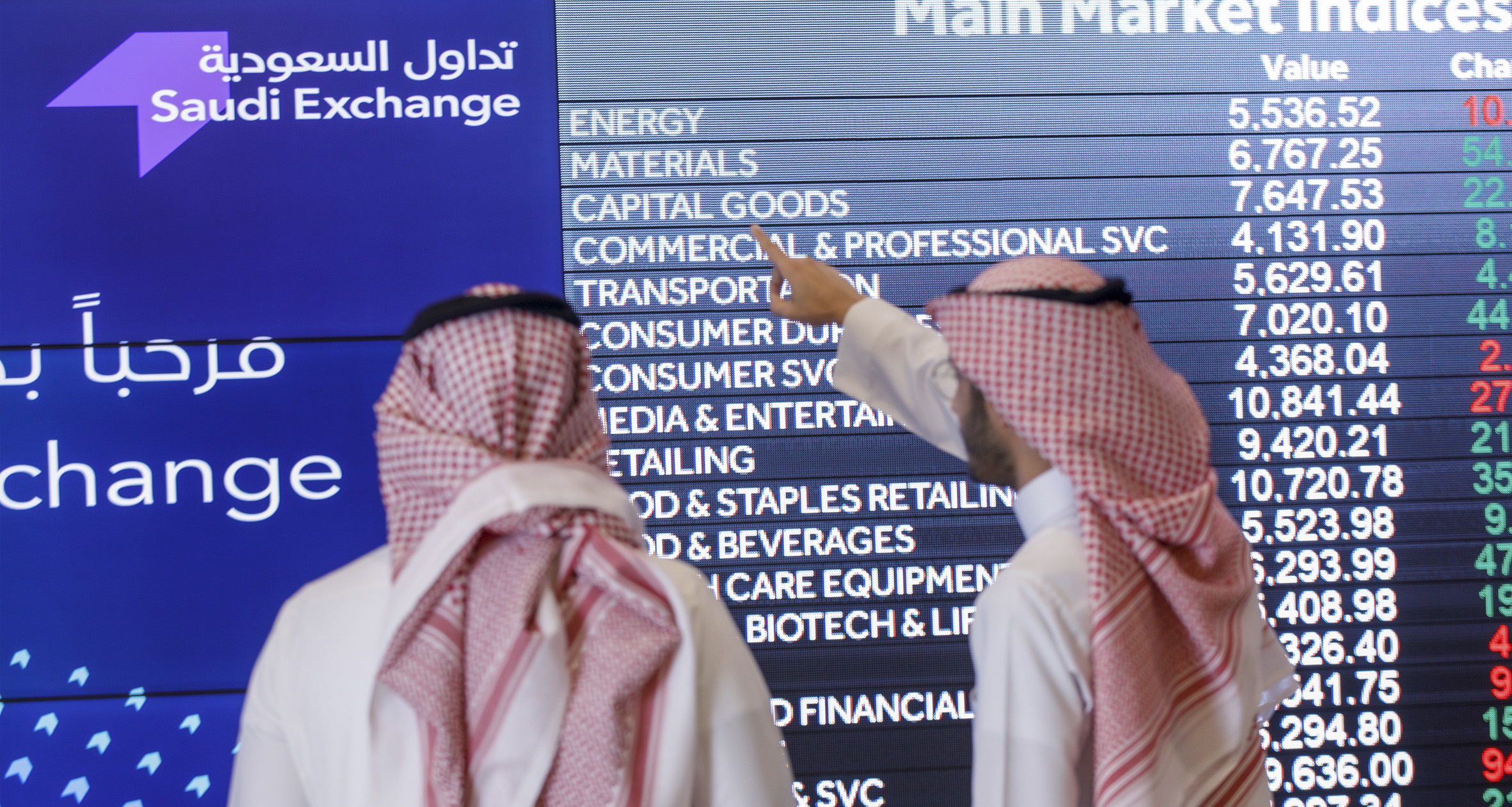
Market information and indices
The MT30 Index, mentioned above, includes around 30 of the largest stocks listed on Tadawul, based on free-float adjusted market capitalization, subject to their liquidity and their attractiveness to international investors. The number of constituent stocks can vary between 25 and 35 depending on market conditions. MT30 is rebalanced on a quarterly basis and the weightage that each stock has on the index is subject to a cap. This provides an effective benchmark for the investors on the largest and most liquid stocks. This Index was a milestone in financial product development and was used to create the MT30 Index Futures Contract and ETFs. The MT30 Index paved the way for identifying the largest and most liquid stocks in the market and also minimize market risks. MT30 data was also added to market data feeds.
In collaboration with IHS Markit, a global leader in information analytics and solutions, Tadawul developed two debt related indices.
- Local currency, Government focussed index, iBoxx Tadawul
SAR Government Sukuk Index Series which is divided into maturity sub-indices. - A broader local currency denominated benchmark index,
iBoxx Tadawul SAR Government Sukuk and Bond Index.
Both indices provide investors and other market participants with an insight into the performance of Saudi Sukuks and Bonds. They can be used by portfolio managers, both active and passive, to benchmark portfolio and risk on behalf of their clients. The latter may include dealer banks, ETF issuers, buy-side investment firms, and third party vendors. ETFs and mutual funds, which consist of a basket of Sukuks and /or bonds, give a cost-effective and risk-minimizing way to invest in the Saudi debt market. The indices are rule based and the index methodology is transparent.
The Market Information and Indices Division has pursued development of uniform Sharia standards through discussions with market participants and their Sharia Boards. Through these meetings, the need for a Sharia Index emerged. In a parallel development, discussions with participants in the Government Sukuk market revealed the need for a Government Sukuk Index.
Incentives for listing
Encouraging private sector companies to list on Tadawul is one of the important goals of the Financial Sector Development Program (FSDP). To achieve this goal, Tadawul has collaborated with more than 10 governmental entities to provide special incentives to the listed companies. These concessions, which include financial and non-financial privileges, are a part of a number of incentive packages that have been launched. Moreover, this is a continuing process, and more incentives are expected to be announced in the future.
Launching a special incentives programme for listed companies on Tadawul
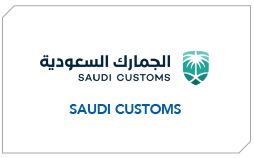 |
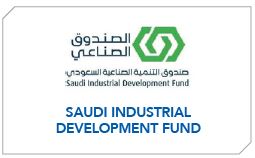 |
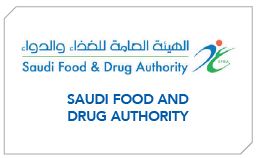 |
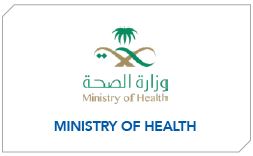 |
| Giving listed companies priority in applying to the Authorized Economic Operator Program. | Increased loan limits granted to listed companies. |
Fast track services at the Authority's Business Support Center and advisory services including training courses on the Authority's electronic systems. | Priority on training programmes, reporting and statistical data and advertisement at Ministry events. |
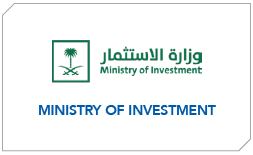 |
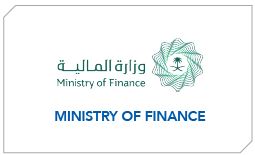 |
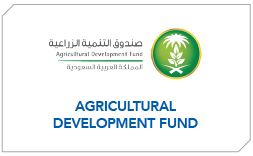 |
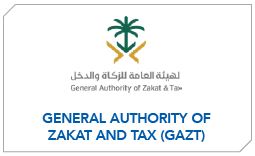 |
| Facilitated approval process for listed companies to register foreign partners (joint ventures). |
Preference in business and Government procurement (under competition and Government procurement rule) for listed companies in the Stock Exchange. |
Increased funding percentage, and increased credit services limits for each customer. |
Providing a relationship manager for listed companies to help settle all transactions with the Authority and follow up on all tasks related to Zakat or income taxes. Providing a fast-track service to deal with the requests of companies listed on the Stock Exchange. |
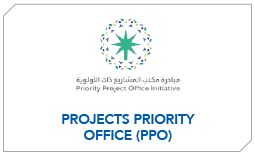 |
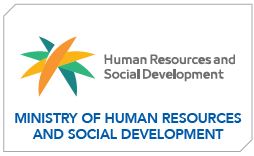 |
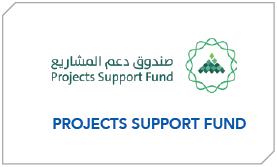 |
|
| A fast track to overcome Governmental challenges that the listed companies might face. | Inclusion of all listed companies on SAFWAH Programme. | Raising the funding limits for “Mega Projects” of listed companies in the targeted sectors such as health, education, and real estate development. |
Nomu
The Nomu market was established in 2017, as a parallel market with less stringent listing requirements to provide an additional source of funding for small and medium enterprises. It also helped diversify and deepen the Saudi Capital Market. Nomu is playing a major role in the Kingdom, by helping to achieve the Vision 2030 Goal of increasing the SME contribution to the Saudi GDP to 35%. Prior to 2020, several reforms were introduced to develop the Parallel Market. Among them were permitting companies to directly list in Nomu sans an IPO and easing the process of transitioning from Nomu to the Main Market.
The growth of the Parallel Market Nomu has helped to diversify and deepen the Saudi capital market. Nomu is making a major contribution to the Kingdom and the Vision 2030 Goal of increasing the SMEs contribution to GDP to 35%.
In the year under review a number of further steps were taken to strengthen the Parallel Market and improve its attractiveness to issuers and investors. As in the Main Market, enhancements have been made to the minimum size for negotiated deals. The minimum size has now been reduced from SAR 1 Mn to SAR 300,000 for all companies listed on the Parallel Market. To bring Nomu in line with global best practices, the brokerage commission ceiling of 10.5bps has been removed. This gives room for members to provide value added services to clients, and promotes more flexibility in trading. The increase in daily fluctuation limits has also been increased to +/- 30% market-wide on Nomu and a static limit of +/- 10% has been introduced.
The Nomu Market Capped Index, which was introduced in March 2019, was reviewed in April 2020. The Index imposes a cap to the weight of each issuer of 35%.
Future developments
In 2019 Tadawul entered into MOUs with Abu Dhabi Exchange (ADX) and Bahrain Clear. Subsequently, discussions have been held with companies from both exchanges regarding cross-listings. Some cross-listings are anticipated in 2021.
Following on the launch of MT30 and SF30, many further developments are expected in derivatives. The next stage is expected to be the launching of single stock futures and beyond that we are looking at launching options as well as physically settled derivatives. Market making is also expected to be introduced into the derivatives market.
The Exchange is also seeking to implement several new indices. One is the Sharia Index which will be a measure of the performance of all Sharia-compliant companies on Tadawul. A variation of the MT30 Index, the MT30 Tilt Index is also in the offing. This will increase the weightage of the companies with the highest dividend yield within the MT Index. The Corporate Governance Index, also to be introduced, will more heavily weight companies which adhere to the CMA Corporate Governance rules.
From the standpoint of developing the cash market, Tadawul's focus is on promoting fixed income securities (Bonds and Sukuks), ETFs and CEFs. We are also constantly enhancing the value added services we provide to members to promote trading and connectivity. We also endeavour to maintain our reputation locally and internationally, by working with our listed companies to promote sustainability.
When introducing any new products, services, or market enhancements we do so after giving careful consideration to global best practices, and how they should be adapted to suit our environment. This gives us the confidence that any changes will function seamlessly and assures the continued efficiency and transparency of the market.

